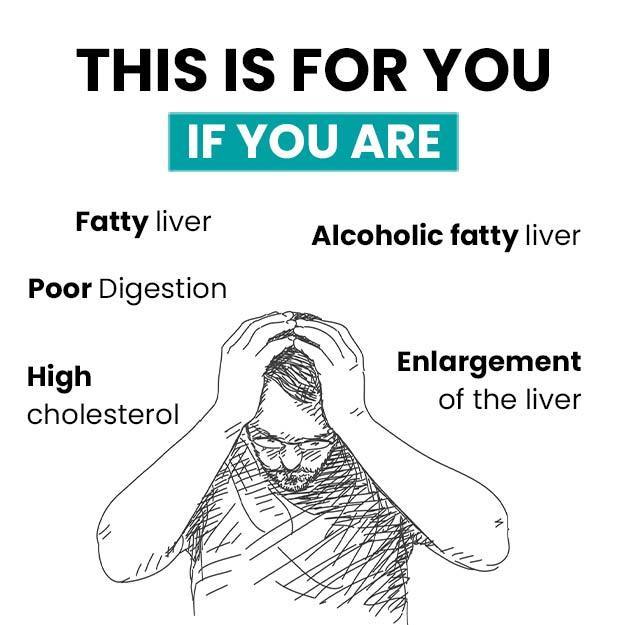What are Liver Function tests?
Liver function tests (LFTs) are a group of tests used to assess the health of liver. These tests help determine the functioning capability of your liver. The levels of various enzymes and proteins, such as bilirubin, albumin, alkaline phosphatase (ALP), aspartate transaminase (AST), alanine transaminase (ALT) and gamma-glutamyl transpeptidase (GGT), produced by the liver can be measured using LFTs.
These test help measure the amount of damage that has occurred in the liver and to diagnose various liver diseases, such as cirrhosis and hepatitis. In addition, LFTs can help evaluate an ongoing infection or inflammation in the liver or detect any obstruction in blood flow through the liver.
You can take this test if you experience symptoms of liver diseases, or as a part of your regular health check-up.
Commonly performed LFTs are as follows:
- Liver enzyme test
- ALT, AST, ALP and GGT tests are used to measure the respective enzyme levels in blood. High levels of ALT and AST can be an indication of liver damage, and high levels of ALP and GGT indicate liver and bile duct damage.
- Liver protein test
- Total protein test measures the amount of protein in your blood.
- Globulin test measures the globulin level in your blood. Low levels can be seen in case of liver damage.
- Albumin test evaluates the working of your liver in terms of production of proteins needed for the body. Low levels signify liver damage.
- Prothrombin test measures the time of blood clotting. A longer than usual clotting time is seen in cases of liver damage.
- Bilirubin test
- Bilirubin is a yellow fluid that is released in the body when erythrocytes (red blood cells) are broken down. A bilirubin test measures the level of bilirubin in blood. In cases of liver damage, bilirubin is released from the liver, which causes yellow colouration of skin or eyes (jaundice). Bilirubin is also excreted in urine, giving it a paler colour.




















